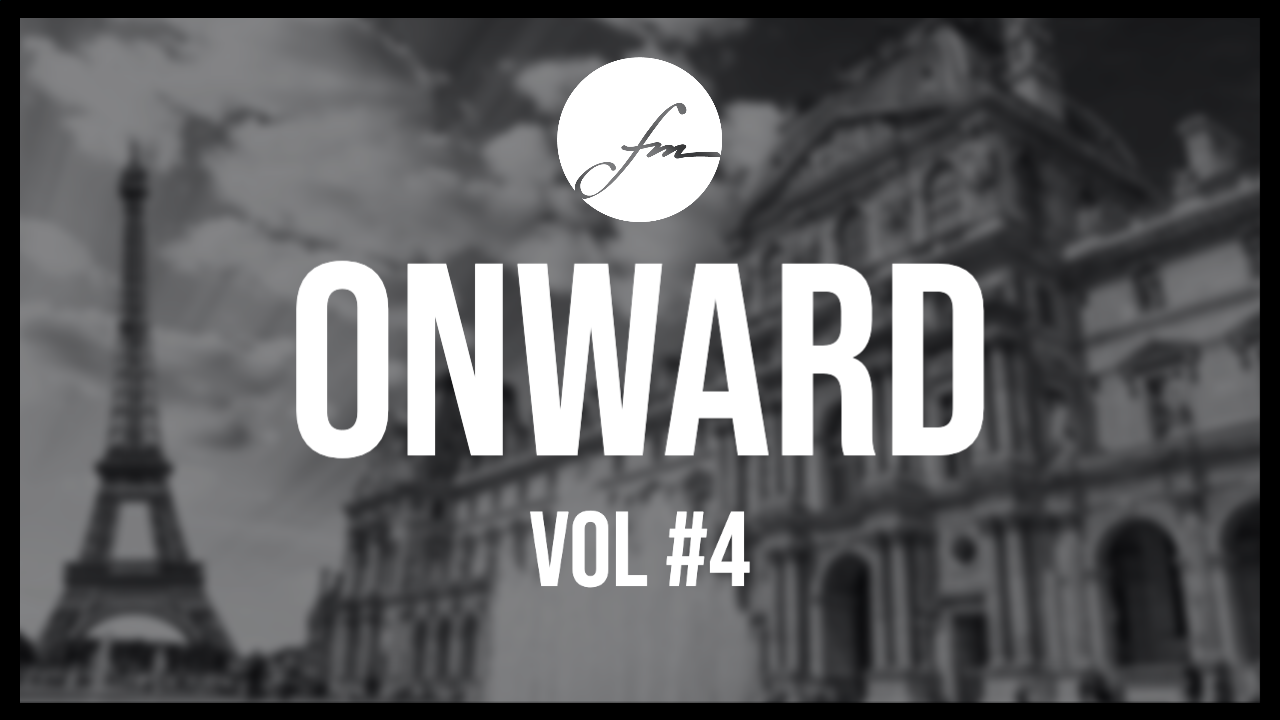ONWARD Vol #4: "Scenes from The Louvre" by Dr. Chad R Nicholson


Welcome to ONWARD, the weekly newsletter from Forward Motion where we dive into the 'Course of the Week', exploring 3 key concepts, 2 quotes on the subject, and 1 question for reflection.
This week's featured course:

PRO TIPS FOR BAND DIRECTORS: Exploring the Masterworks
"Scenes from The Louvre" by Norman Dello Joio
What music might be expected when pairing a mid-1900s Pulitzer-winning composer with styles from the Renaissance and Baroque to support a television show about the development of France’s most famous museum?
Norman Dello Joio’s Scenes from “The Louvre” is the masterwork that resulted from this unusual list of ingredients.
Join Dr. Chad R Nicholson on this tour of musical styles, score investigations, and conducting strategies that will assist conductors as they bring this beautiful work to their students.
3 Key Concepts
1: "Using Repertoire for Interdepartmental Teaching"
Repertoire selections like Scenes from "The Louvre" lend themselves easily to interdepartmental teaching opportunities.
What was the popular visual art of that time?
What art pieces were predominately featured at The Louvre that helped inspire the music?
What was happening in 1965 from a historical perspective that influenced Norman Dello Joio?
How did the broader culture of that time influence score writing and orchestration?
How can our choosing historically-relevant repertoire guide the lesson choices of our colleagues?
___________
2: "Examining the composer's musical influences"
Dr. Nicholson examines how Dello Joio's background as an organist and church choir conductor leads him to compose in a polyphonic style not always found in the wind band repertoire. This coupled with influence from his teacher and composer, Paul Hindemith, reveals how a composer's own musical influences guide their own compositions.
___________
3: "Why do we care?"
For this, and all the repertoire we program, why do we care? Is there a reason to choose this piece, or is it just because I performed it in high school, or someone told me it's a good piece for my ensemble?
Yes, it takes more effort to program purposefully, but when you wind up with a piece about the world's most famous art museum, written for TV in the '60s by a composer born in New York in 1913, who played the organ and studied with Hindemith, the history and background create the intrigue.
Whether you conduct a wind band or not, learning the history of these influential pieces can add depth to your own teaching and open doors to new influences.
2 Quotes
1:
Composer, Norman Dello Joio during his 1985 radio interview with Bruce Duffie:
"Teaching composing is nothing more than trying to give the benefit of one's experience to people who have had no experience. You can't teach a person to have talent or creative ability. You can just show them, to the best of your ability, the technical means, and if they do have any talent they can use that. You can teach the technical side of music or composition and you can just supply tools."
___________
2:
In that same interview, when asked if he has advice for young composers:
"Well, the only advice I think that I should give, whether young or old, is to try to know yourself.
If you have talent, find out where the talent belongs in terms of what you do, and if you choose this as a way of life, it should be the burning desire to do as well as you can. That's the sum total of it, and if you do well, be thankful that you have the talent, and just work on it all the time!"
1 Question
From Chad Nicholson on choosing repertoire:
Why do we care?
Forward Motion has over 50 video courses available for only $9/mo.
Become a member for unlimited access to this course and more!
Have a great week,
Brent
Brent Gerike
Forward Motion
[email protected]
www.fwdmotion.org


